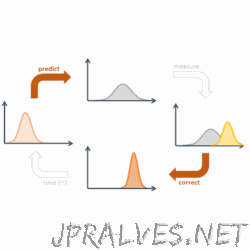Other

“Having received many positive emails about my Extended Kalman Filter Tutorial, I wanted to see whether I could write my own general-purpose EKF from scratch, suitable for running on a microcontroller like Arduino, Teensy, and the STM32 platform used on …

